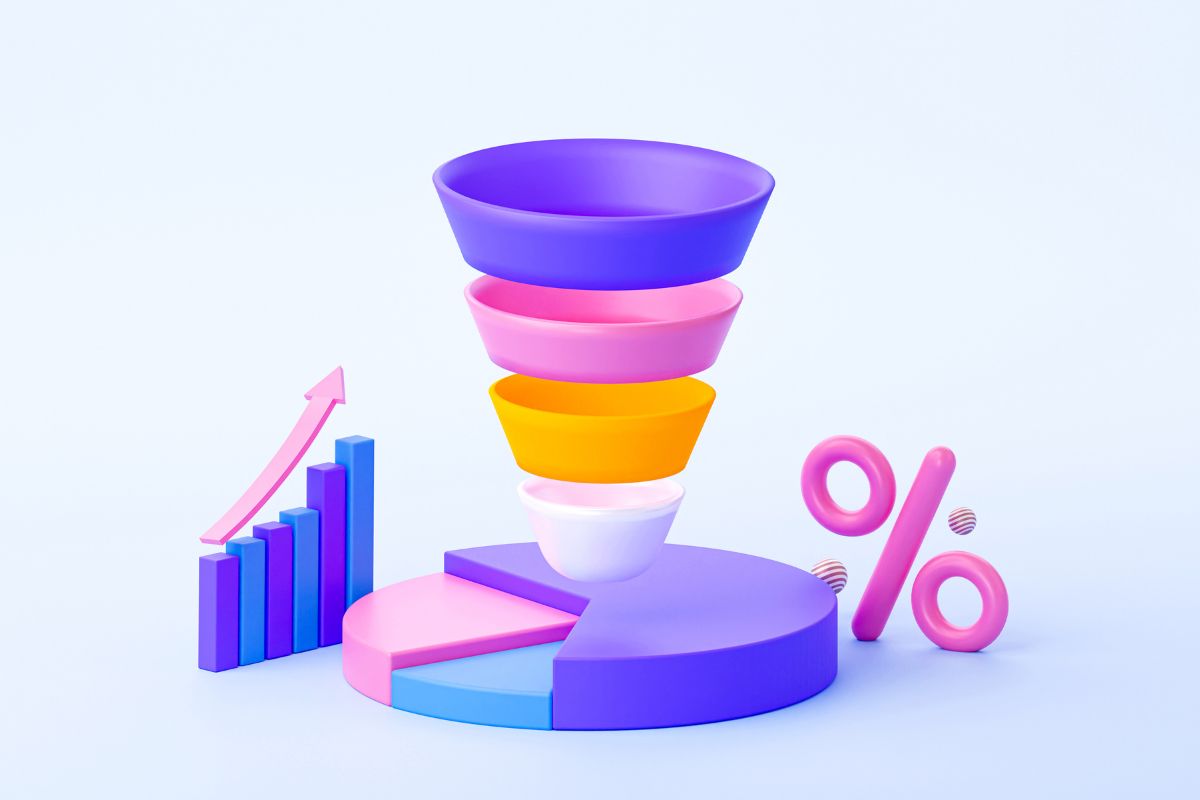Social media is a huge part of our daily lives, offering endless opportunities to connect, learn, and share. But while it can be a fantastic tool, spending too much time scrolling can sometimes be detrimental to our mental health.
In this post, I’ll explore how social media can affect your well-being and share practical tips (and a few product suggestions) for managing its impact.
The Impact of Social Media on Mental Health
1. Comparison Trap
It’s easy to fall into the habit of comparing your life to the seemingly perfect ones you see online. Highlight reels, filtered photos, and polished captions can make you feel like you’re not doing enough or aren’t good enough.
2. Information Overload
Constant updates, breaking news, and endless content can be overwhelming. Feeling like you need to keep up with everything can lead to stress and burnout.
3. Fear of Missing Out (FOMO)
Seeing others share exciting experiences can trigger FOMO, making you feel left out or inadequate.
4. Addiction to Validation
Likes, comments, and shares can feel rewarding but can also create a cycle of needing constant validation from others.
5. Disrupted Sleep
Late-night scrolling can interfere with your sleep patterns, leading to poor rest and reduced energy.
Tips to Manage the Effects of Social Media
1. Set Boundaries
- Establish specific times for social media use, such as avoiding it first thing in the morning or before bed.
- Use apps like Screen Time (iOS) or Digital Wellbeing (Android) to track and limit usage.
2. Curate Your Feed
- Unfollow accounts that make you feel anxious or inadequate.
- Follow positive, inspiring, or educational accounts that genuinely add value to your life.
3. Practise Digital Detoxing
- Take breaks from social media entirely, whether it’s for a day, a weekend, or longer.
- Use tools like the Forest app, which encourages you to stay off your phone while growing virtual trees.
4. Focus on Real-Life Connections
- Spend more time engaging with people offline. Catch up with friends, family, or colleagues face-to-face.
- Consider joining local clubs or classes to build in-person relationships.
5. Protect Your Sleep
- Keep your phone out of the bedroom to avoid late-night scrolling.
- Invest in a wake-up light alarm clock to replace the need for a phone alarm.
6. Practise Mindfulness
- Use meditation apps like Headspace or Calm to ground yourself and reduce stress.
- Journaling can also be a helpful way to process emotions and disconnect from the digital world.
7. Seek Support When Needed
If social media is significantly affecting your mental health, consider speaking to a therapist or counsellor. Platforms like BetterHelp or Talkspace offer online counselling for convenient access.
Recommended Products to Support Your Well-Being
- Blue-Light Blocking Glasses: Help reduce eye strain during screen time.
- Paper Planner or Journal: A great alternative to organising your life without relying on your phone.
- Phone Lock Box: If you struggle with self-control, this can help you take regular breaks.
Final Thoughts
Social media isn’t all bad, it can be an amazing way to stay connected and informed. The key is to use it mindfully and ensure it’s serving your well-being, not the other way around. By setting boundaries and prioritising your mental health, you can strike a healthier balance that works for you.




